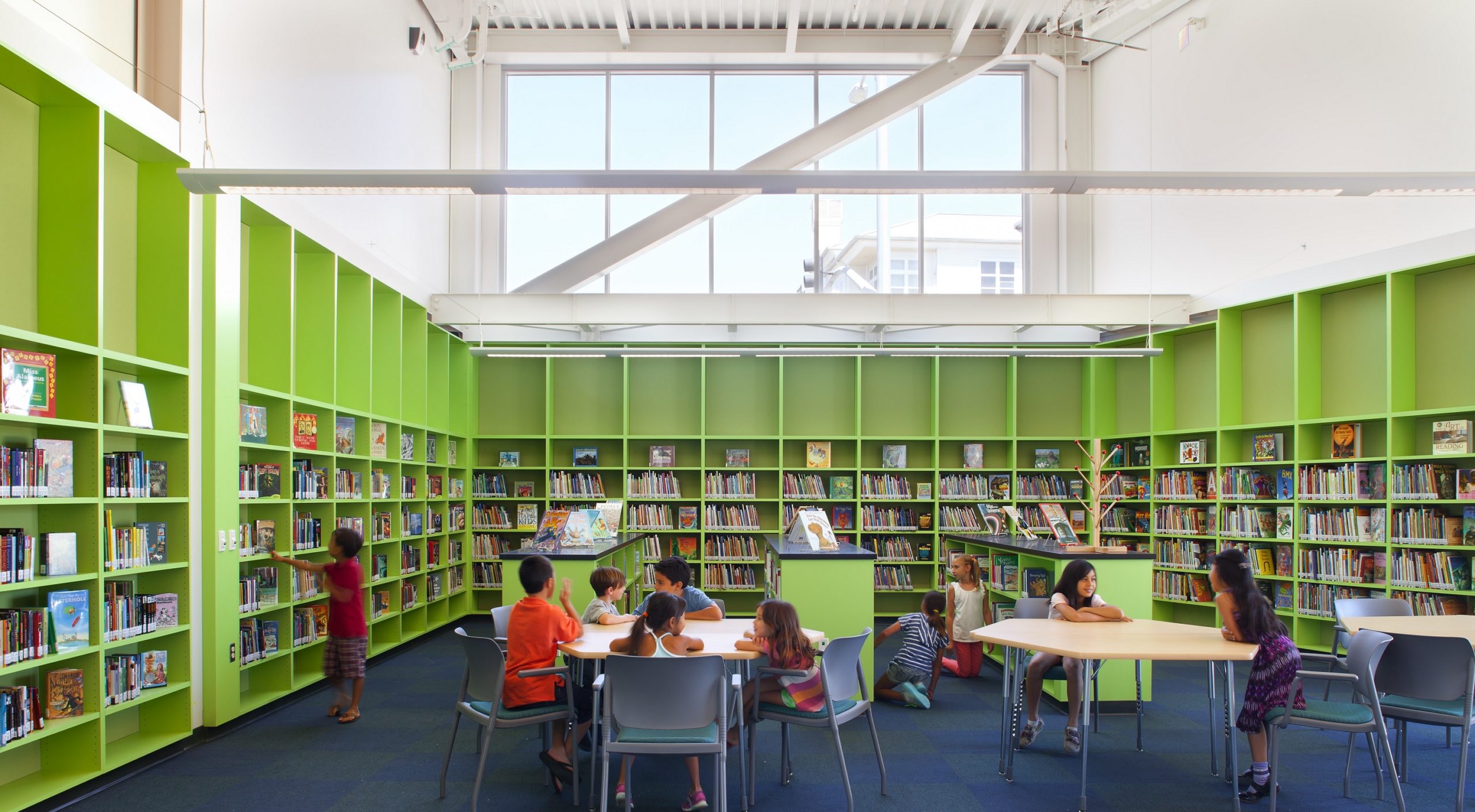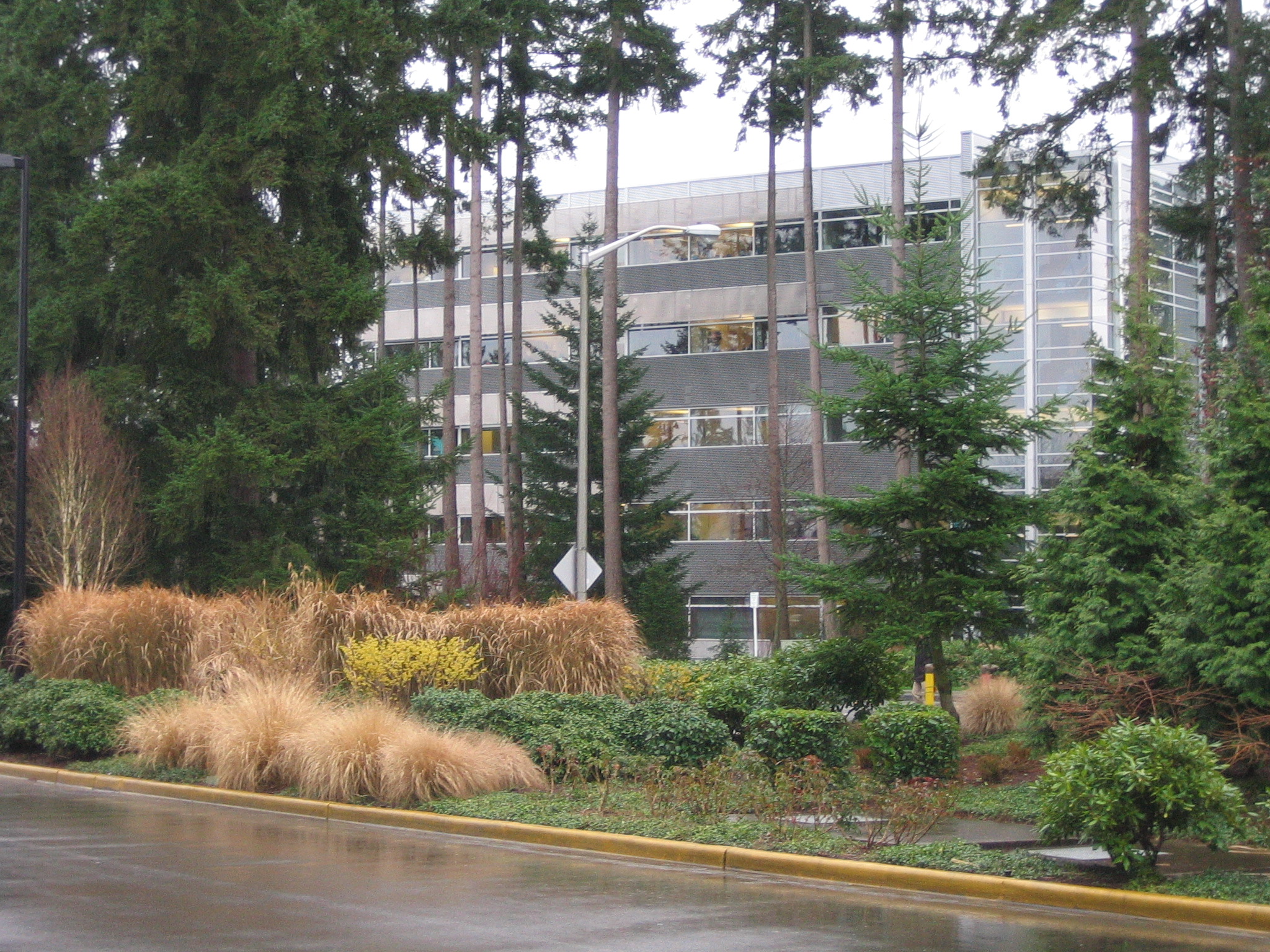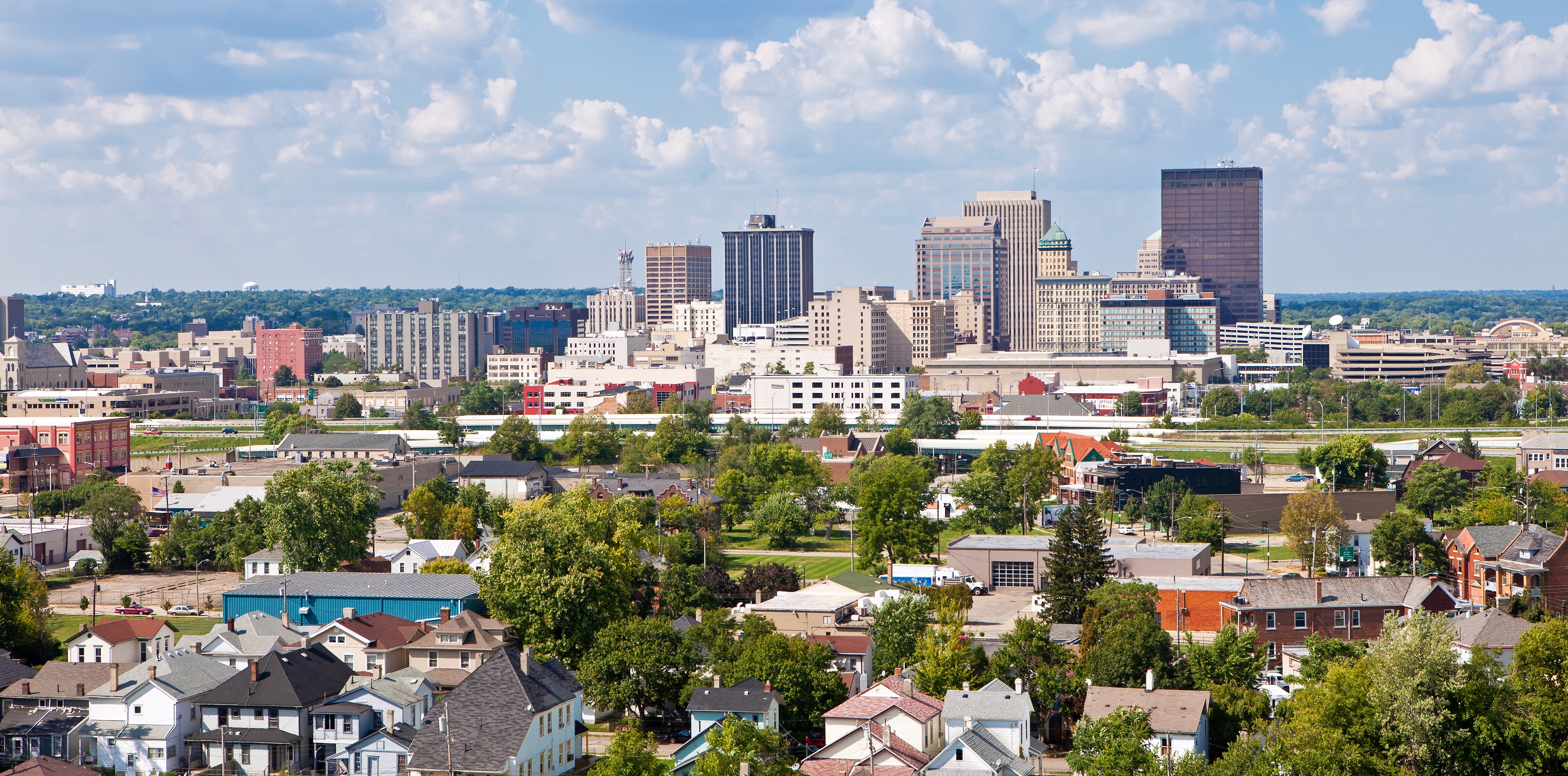Author: Amy Cortese

School Districts Scale Their Zero Energy Efforts
Post / December 21, 2020
Over the last decade an increasing number of school districts across the country have invested in zero energy buildings as a way to dramatically improve energy performance, provide healthy indoor environments, and foster better academic outcomes for students. Well before...

The Embodied Carbon Conundrum: Solving for All Emission Sources from the Built Environment
Post / February 26, 2020
Increasing urgency among policymakers and the design community to meet the goals of the Paris Climate Accord has spurred more aggressive codes and energy policies in jurisdictions around the United States. These strategies are making gains on driving down carbon...
Tips for Voters In the 2021 IECC Update
Post / November 8, 2019
The 2021 International Energy Conservation Code voting dates are set! Voting begins on Tuesday, Nov. 19 and ends on Friday, Dec. 6. If you are a Governmental Member Voting Representative (GMVR), please read through these tips to help ensure it...
Votes Matter for Better Buildings
Post / October 31, 2019 / Energy Codes
Building code officials, sustainability officers, builders, efficiency advocates and others are leaving Las Vegas after attending the International Code Council’s (ICC) annual conference and public comment hearings on the 2021 International Energy Conservation Code (IECC). Updated every three years, the...

NBI Helps Decision Makers Prepare for the 2021 International Energy Conservation Code (IECC) Update
Post / October 23, 2019
The 2021 International Energy Conservation Code (IECC) update is one of the most profound ways states and local governments can improve the comfort and health of residents, reduce costs for building owners and residents, and make progress toward climate action...
Is Your City and State Ready to Vote on the 2021 International Energy Conservation Code?
Post / August 22, 2019
State and local government representatives have the power to advance local energy codes and improve the comfort and health of residents by participating in and voting for efficiency proposals in the 2021 International Energy Conservation Code (IECC) update. But they...
U.S. Conference of Mayors Unanimously Resolves to Support Advancements to the 2021 International Energy Conservation Code (IECC)
Post / August 16, 2019
The U.S. Conference of Mayors (USCM) is known for tackling issues of national importance. Climate change is one of those critical issues that the mayors addressed at their 2019 annual meeting in Honolulu, Hawaii. On July 1, 2019, the USCM...
A Small Window of Opportunity to Make Huge Gains in Climate Action
Post / March 19, 2019
Cities face unrelenting demands on policy priorities. Affordable housing, transportation, economic development, climate action, and other pressing issues compete for limited resources and funds. Now is a moment in time, however, when the opportunity to make significant progress toward carbon...
5 Must Haves to Achieve High Marks in Ultra-low Energy Schools
Post / March 11, 2019
An increasing number of school districts are investing in ultra-low energy facilities and renewables as a way to save on utility costs and create healthier and more productive learning environments for students and staff. In fact, over 219 school buildings...
Zero Energy Ready Oregon Supports Governor’s Mandate to Transform Buildings to Zero Energy Ready Performance
Post / September 11, 2018
When Oregon Governor Kate Brown signed Executive Order 17-20 in the fall of 2017, she set Oregon on the path to addressing climate change by ramping up efficiency in Oregon’s buildings. Addressing building efficiency is a critical climate action strategy...
Educational Sector Leads on Zero Energy Buildings, but Lacks Retrofits
Post / January 29, 2018 / Zero Net Energy (ZNE)
New research by NBI looks at the reasons why existing schools don’t aim for zero. New Buildings Institute (NBI) recently released its Zero Energy* Buildings List with nearly 500 verified or emerging commercial buildings projects. Educational facilities continue to outpace...
Energy Trust of Oregon Names ZNE Fellow
Post / June 19, 2017
Shilpa Surana Oregon’s net zero energy (NZE) buildings market is getting a boost with a new Net Zero Fellow to focus on one of the major barriers to NZE adoption—money. The fellowship was awarded by the Energy Trust of Oregon...
Net Zero Fellowship
Post / December 13, 2016
In Oregon, the Energy Trust has launched a new Net Zero Fellowship. The aim is to support focused research that promotes market understanding and practices of net zero energy in commercial buildings. The fellowship will also assist in developing a...
Policies Promoting Net Zero Energy Should Focus On Efficiency First
Post / May 6, 2014
NBI and its partners, International Living Future Institute and Skanska, recently completed research on the costs associated with Zero Energy and Living Buildings™ for the District of Columbia Department of the Environment. The District has been a leader in high...
ZNE – The Story Continues…
Post / February 14, 2014
NBI’s recently released 2014 Getting to Zero Status Update provides a snapshot of the advancing zero net energy (ZNE) market in commercial buildings. While the market is still very small, the number of buildings achieving ZNE Verified performance or those...
